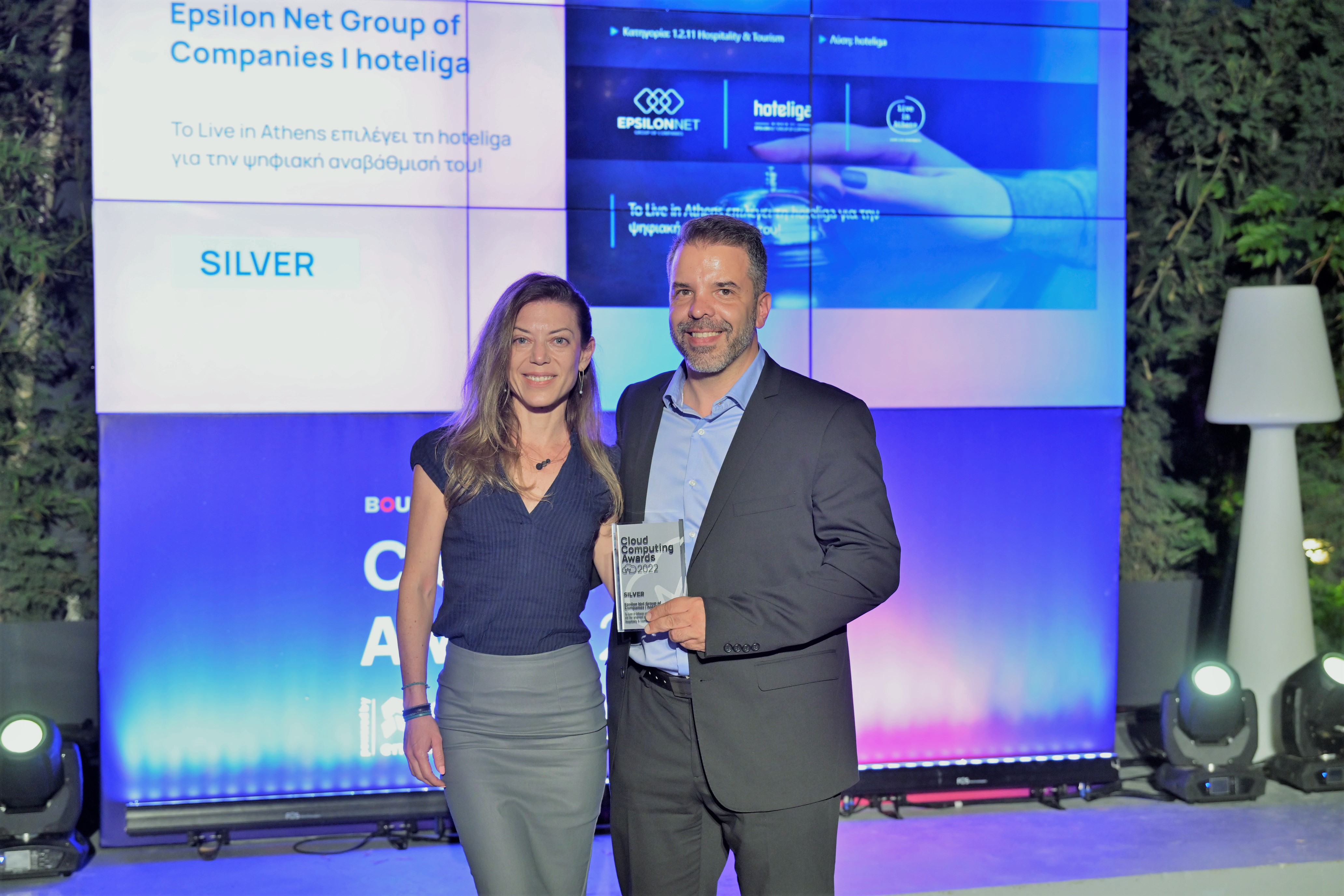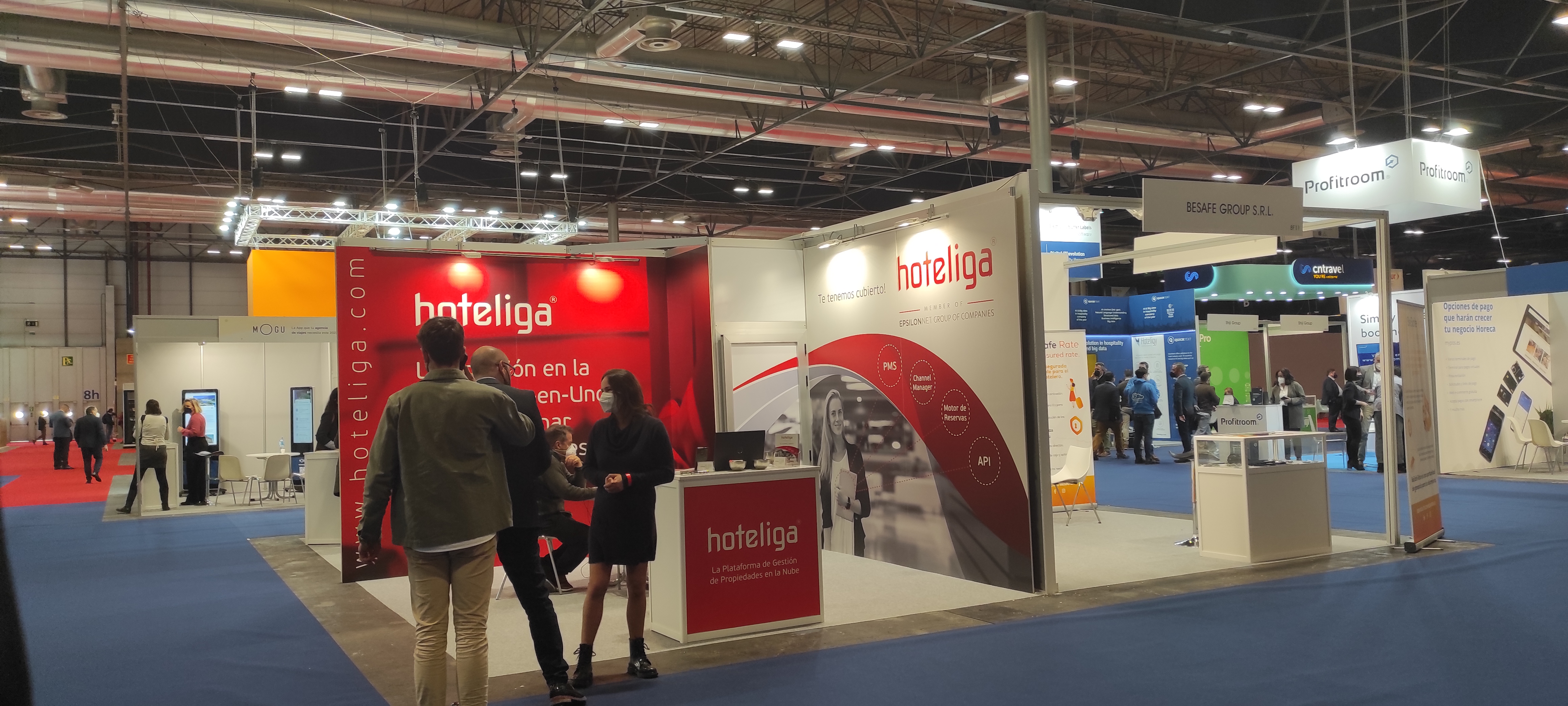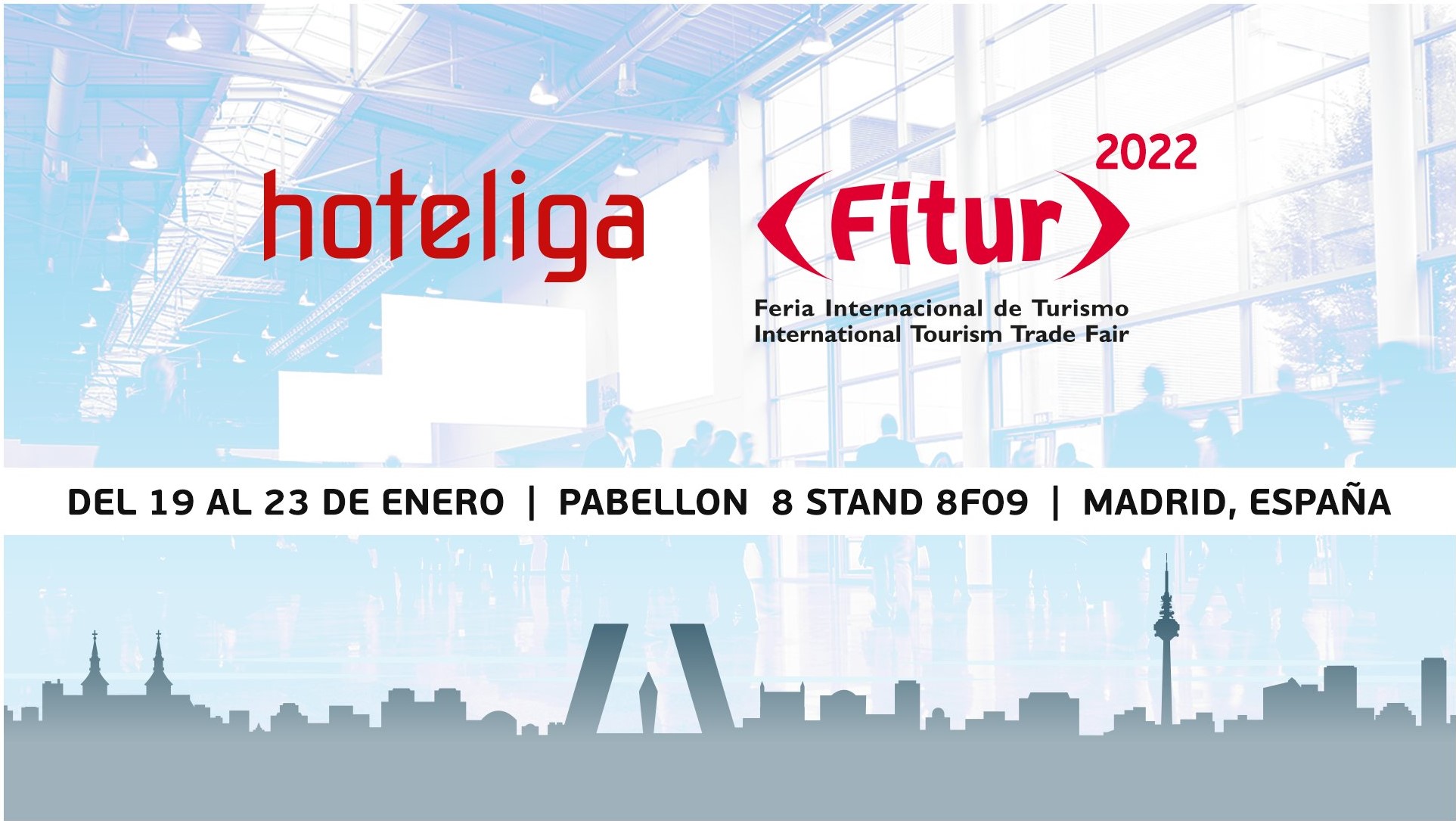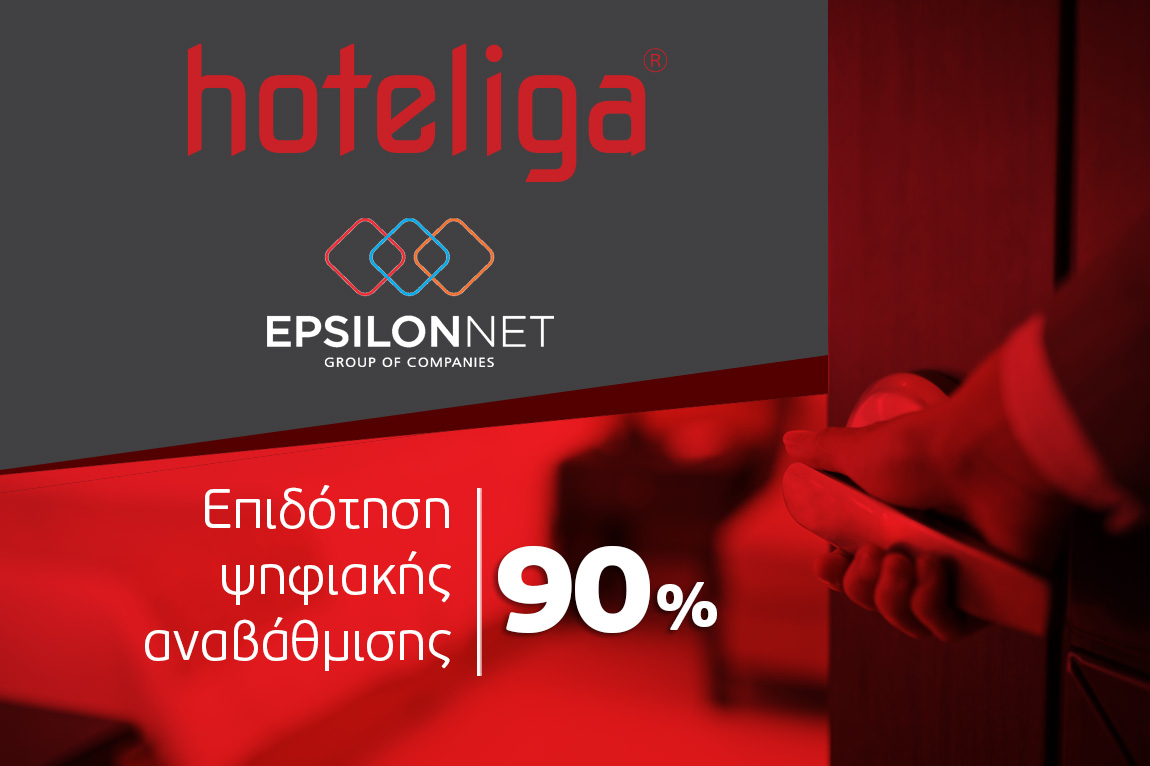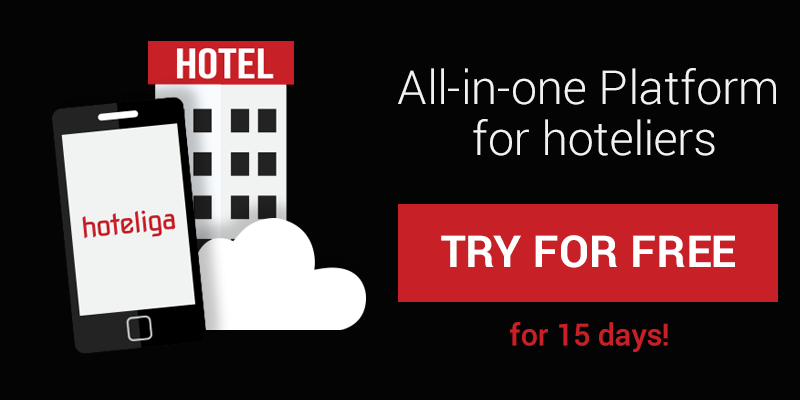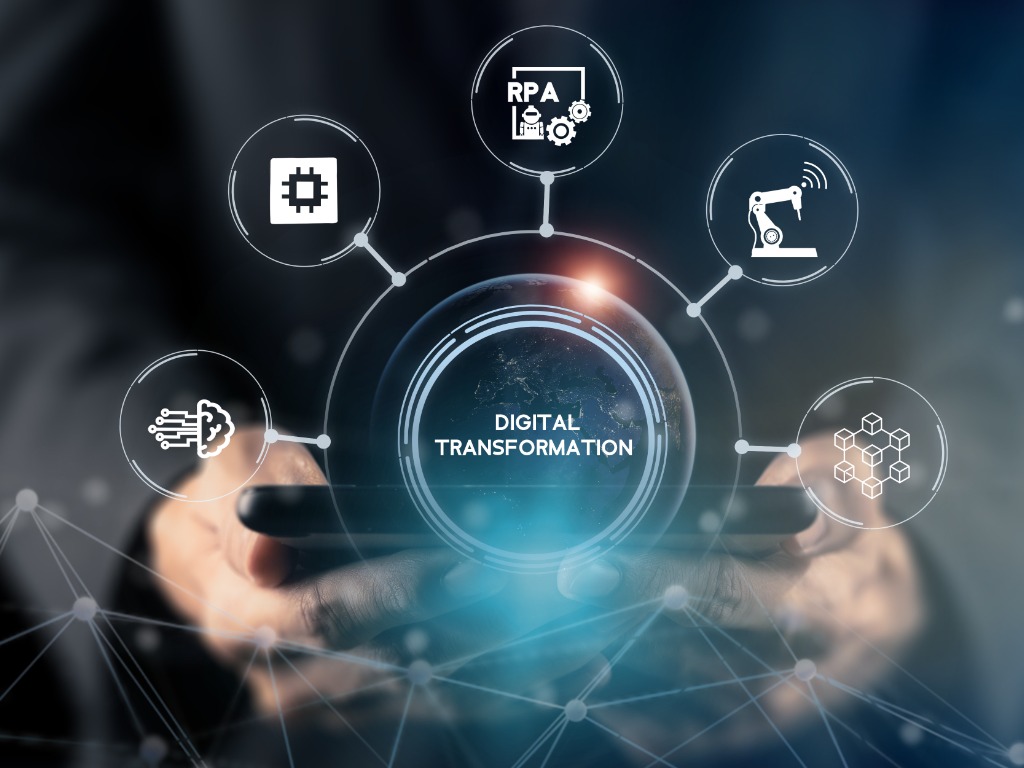
Digital Transformation in Hospitality: Next-Gen Tools for Success
The digital transformation, led by data and next-gen technologies, is completely changing the hospitality industry. The pandemic was a main factor that accelerated digital transformations and allowed consumers to become more digital-savvy than they have ever been before.
In fact, 16% of companies globally are working remotely. Hospitality is becoming a technology-enabled service industry powered by IoT, AI, automation, and blockchain applications.
The long-term solution is to invest in technology that can solve labor shortages, and in this article, we’ll be diving deeper to learn more about the next-gen tools you can use to do so.
11 Next-Gen hospitality tools used for digital transformations
Compared to 2023, there are many more next-gen hospitality tools you can use for your digital transformation. The ones listed below are more likely to gain popularity throughout 2024, so take heed and be ahead digitally in the hospitality sector.
1. Enterprise Resource Planning (ERP) integrated e-commerce
Using ERP in e-commerce is becoming an increasingly popular solution for businesses in the hospitality industry (hotels. cafes. restaurants) that are looking to increase operational efficiency. You can complete the integration by connecting an ERP system with your e-commerce platform, enabling real-time data syncs, centralized management of inventory and orders, more personalized experiences for your customers, access to a wider international audience, and lower promotional costs compared to traditional marketing.
ERP e-commerce integration has many benefits, including:
- Saving your organization more time: Automation ERP reduces time consumption in service requests, and price arrangements, allowing customers to access information much more easily.
- Simplifies order tracking: Customers always want to track their orders in real-time, and when they can expect them. ERP solutions update order tracking and alert customers where orders are in real-time.
- Automates accounting tasks: Automating accounting tasks is great for reducing human errors. This helps you reduce tax errors and reduces the time consumption of you having to fix human errors.
- Handles increased demand: If your business has the right ERP solution, you don’t need to worry about increasing sales in your e-commerce traffic. ERP software automates the services for you, without you needing to add more staff members.
Investing in an ERP-integrated e-commerce solution allows customers to place their orders correctly.
2. Predictive ordering
Predictive ordering is used by AI for forecasting demands and generating orders for hotels and restaurants. This can significantly reduce food waste, improve inventory allocation, and increase profitability rates.
It can significantly also help in improving the customer experience by making sure that the right supplies are allocated. Predictive ordering is amongst the most recent technology trends in the hospitality industry since it helps business owners follow up with the industry's pace. You can start it all out by using Order Management systems (OMS).
3. Voice control and search
Voice search is a growing technology trend in the hospitality industry since many customers are using voice search to try to find a restaurant, cafe, or hotel. It’s important to ensure that your website and booking engine are structured so the voice search engine can properly be used.
Voice assistants are shaping digital experiences, and are projected to rise by 48% by 2025. This includes everything such as smart speakers in hotel rooms, and automated order-taking in cafes and restaurants, meaning the customers will no longer need to wait for staff members to take their orders.
4. Contactless payments
Contactless payments give you many advantages for restaurants, bars, hotels, and cafes. This is one of the main technology tool trend tools used in the hospitality industry. Aside from faster payment processing and increasing customer satisfaction, contactless technology can easily be integrated with your loyalty programs.
Contactless payments can be made even when the customers don’t have their physical wallets or credit cards misplaced. This type of payment method became even more popular after the pandemic since everyone was trying to reduce human contact as much as possible.
5. Robots
An exciting technology trend in the hospitality industry is the rise of robotics and its use for carrying out tasks that were originally performed by humans. Even though robots are not as common as they seem, they are used in some parts of the world.
Some hotels around the world are using them for cleaning, such as vacuum cleaning floors, and the same goes for restaurants. Recent statistics show that robotics can save between 30% to 70% on labor costs for restaurants. While they still aren’t as trending as other tools, it’s good to keep an eye on them since they may be a good hand for you in the future.
6. Chatbots
88% of users are engaged in at least one conversation with a chatbot throughout their lifetime. It has been an uprising hospitality technology trend for many years now. Its importance option is only growing, especially as customers are waiting for answers to their questions when required.
Humans can’t be working at all times, so chatbots are a great replacement. Chatbots can gather information from customers and pass the query to staff members at the earliest time possible.
7. NFT marketing
NFT technology is an emerging concept in the marketing world. It’s usually used for increasing brand awareness through partnerships and special offers. NFTs are also recently being used for transactions that are being taken in the metaverse.
Many hospitality businesses have experimented with using NFT technology for customer loyalty schemes. Each NFT is unique and makes it well-suited for certain purposes, meaning that it’s the current trend marketers need to pay attention to in the era of digital transformation.
8. Artificial Intelligence (AI)
AI is playing a strong role in the hospitality industry. Some may think AI is only used in chatbots, but that isn’t necessarily true. AI can be used in many tech parts of a cafe, hotel , or restaurant.
Many restaurants will use intelligent reservation systems, which are used by the AI. It can optimize and streamline the booking process. It can recommend room options for guests, and make the most out of the booking experience by offering a higher level of personalization.
Other than that, you have AI-driven assistants. These virtual assistants are built through Natural Language Processing (NLP) and Machine Learning (ML) capabilities. They can make sure that guests receive the information they need and support for a memorable stay.
9. WiFi 6
Of all the technological trends in the hospitality industry, WiFi 6 is one of the most important for making sure that your guests go through the best experience possible. WiFi technology has significantly improved over the years and is essential since many businesses are using many IoT devices, considering the fact that customers are connecting their mobile devices and laptops to WiFi during their stay.
Let’s not forget that faster and reliable WiFi might be a reliable tool for you to stand out from competitors. Nobody wants to come eat at your restaurant, or stay at your hotel, and have bad WiFi.
10. Mobile check-ins
Mobile check-in hospitality tech is an important area to pay attention to since it helps improve customer experience from the initial arrival point. This is great since first impressions matter a lot, and can significantly affect how customers feel about their stay.
Mobile check-ins require face-to-face customer interactions, giving customers the option to have much greater flexibility regarding check-ins. This is great when it comes to contactless tech trends in the industry and can be a great investment for those who still have some doubts after the COVID-19 pandemic.
11. Virtual Reality (VR) and Augmented Reality (AR)
VR and AR are two other major technology trends in the hospitality industry that you need to keep a close eye on. This technology can give customers an overview of what they can expect next during their next booking.
If you choose to implement these technologies now, consider that you’ll have a huge advantage over competitors. Many organizations still haven’t put these tools to use, and the fun fact is that you can offer modern VR tour videos on your website, making them easily accessible for guests.
On the other hand, we have AR, which is really similar to VR, but will give you a real-world experience through information overlays. One example of AR is allowing customers to see reviews of local restaurants by looking at the building through their mobile devices.
The hospitality industry is going digital
Many new tools are being invented each year, and let’s face it, the world is changing faster than ever. When your customers see that you have something more than your competitors, it’ll definitely be a win for you.
However, no matter which tool you use, you want to make sure that it makes the customer experience better. That is the whole idea in the first place, to make your customers want to come back and drink coffee at your cafe, eat at your restaurant, or book again at your hotel!
The Author:
Tony Ademiis a freelance SEO content and copywriter. For roughly four years, Tony has managed to write more than 500 SEO-optimized articles and most of them have ranked #1 on Google. When writing, Tony’s main focus is to carefully do research and make sure that his content is high-quality.


